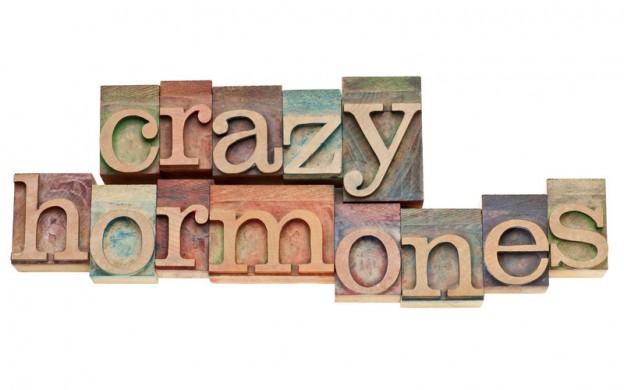How would you know if you had a hormone imbalance? Most of the women I see already have an inkling that something is out of balance by the symptoms that they are experiencing:
- Hair loss
- Acne
- Irregular periods
- Night sweats
- Hot flashes
- Infertility
- Heavy periods
- Painful periods
- Fibroids
- Ovarian cysts
- Uterine polyps
- Excessive facial or body hair
- PMS
- Premenstrual migraines
Most often they have already visited their family doctor who “checked their hormones” and told them “everything is normal” or offered them the birth control pill.
There are three main problems here:
- By checked their hormones, most doctors mean they’ve done a very superficial screening of hormones, LH, FSH, maybe estradiol and maybe progesterone, but often not measured on specific dates of the menstrual cycle that make the results clinically meaningful.
- When “everything is normal” even though you feel that hormones are imbalanced, it’s because the “normal” ranges for hormones are extremely wide and so even abnormal people fall into the “normal” range.
- Birth control pills only mask the existing hormone imbalance, they don’t correct it.
If you feel like you have a hormone imbalance, always ask for a copy of blood work results so that you can see exactly how extensive testing was and exactly where your results fall in the “normal” range (normal is always in quotes because lab ranges rarely refer to what is actually normal, it is more often an average of unhealthy people). 99% of the time you will find that either: a) only a very few hormones have been tested and/or b) one or more of your results were borderline.
